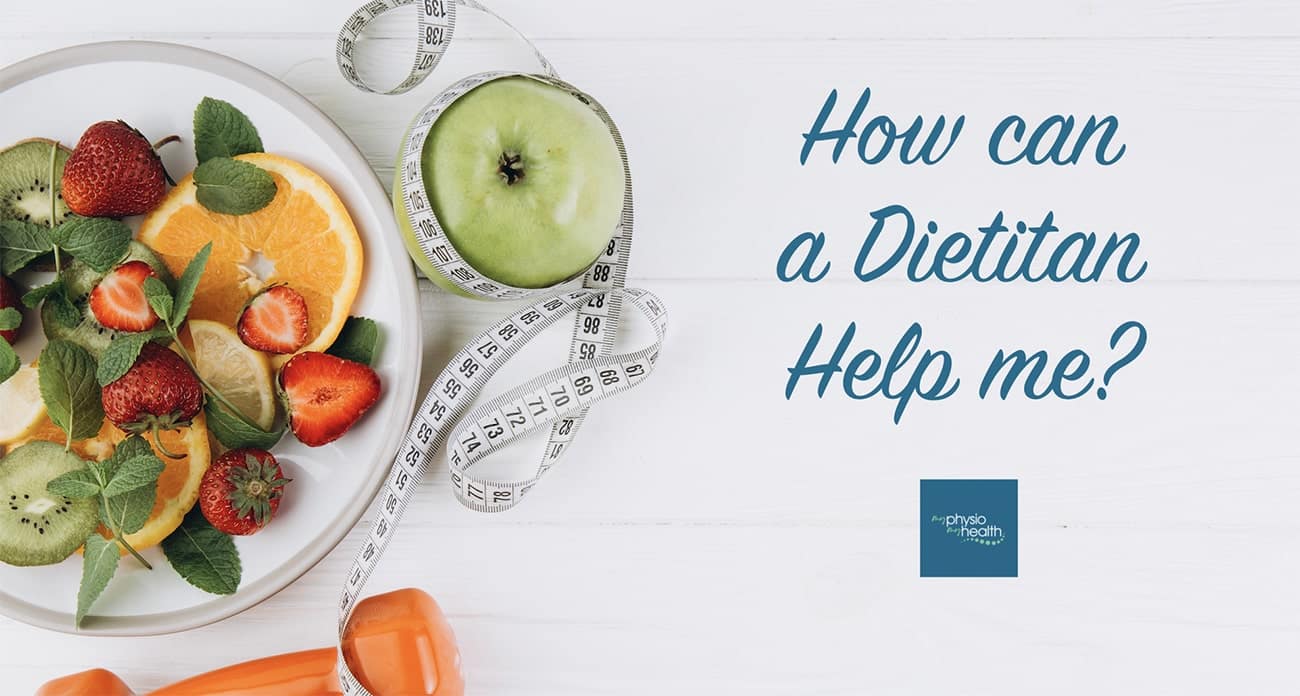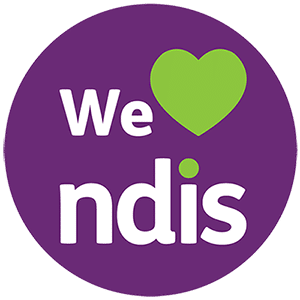
Food is the one thing about us that makes all so very unique. No two eating patterns are the same because of our likes, dislikes, choices, affordability, accessibility, and cultural influences. It can bring us joy, bring people together and keep us energised but it can also be very confusing, distressing and painful.
In my time as a dietitian, I have found that food is one of the most personal things about us but also something that everyone has an opinion on. This makes it hard to know what is right, share experiences and sometimes enjoy food in the best possible way.
A dietitian can help enjoying food and eating easier. They help to navigate the pages and pages of nutritional advice out there and use personalised nutrition advice to help you optimise your life and health. Accredited Practising Dietitians are the gold standard of nutritional information in Australia. They know the best and newest ways to help you manage your conditions, foods and behaviours to create and promote positive wellbeing. They understand how nutrition affects the body ad they use this knowledge plus your personalised experience with food to help treat you. Due to this, they are also the only nutrition credential recognised by Medicare, the Department of Veterans' Affairs, and many private health funds.
The conditions a dietitian can help with are:
- Diabetes – carbohydrate awareness, counting, label reading and switches
- Heart disease – high cholesterol, hypertension
- Food allergies and intolerances – lactose intolerance, coeliac disease, IBS
- Gastrointestinal diseases – Chron’s disease, coeliac disease, IBS
- Malnutrition
- Fussy eating and feeding difficulties
- Eating disorders or disordered eating
- General nutrition information
- Renal disease
- Life stage nutrition – planning pregnancies, pregnancy, paediatric nutrition, menopause and ageing.
The first session with a dietitian is always the scariest because of food being so personal. There is a fear of being judged or ridiculed but what you need to know is that discussing food and your concerns with a dietitian is a safe space where you will not be judged, told off, ridiculed or belittled. You don’t need to be a perfect eater because nothing about nutrition is perfect, there is no magic foods or perfect diets and every day, we are still learning something new. When you have your first session with a dietitian it is all about you, you tell us your back story, why you need our help, what you biggest struggles and fears are and we, the dietitians listen. We ask questions here and there to get more information and not because we are judging you but because the more, we know about you the better we can help you.
Subsequent sessions vary from person to person. They may include nutrition education, nutrition activities, recipe developments, sensory challenges, or shopping and eating out guidance. The number of sessions and how often is also different from person to person. the common theme amongst the sessions though is support. You will always have support from your dietitian, they are you biggest cheerleader. So if this article has resonated with you book an appointment today.

Written by Jess Koznedelev
Jess has a great passion for all things food, especially the joy it can bring people. Her big passion areas include Health At Every Size®, eating disorders & paediatric nutrition.
As accredited practicing dietitian, Jess provides an evidence-based, individualised approach to help you make sustainable health behaviour changes that are long lasting. Book a Dietetics Consultation today.
 WISHING EVERYONE A HAPPY NEW YEAR! WE'VE RETURNED TO OUR REGULAR OPENING HOURS
WISHING EVERYONE A HAPPY NEW YEAR! WE'VE RETURNED TO OUR REGULAR OPENING HOURS



